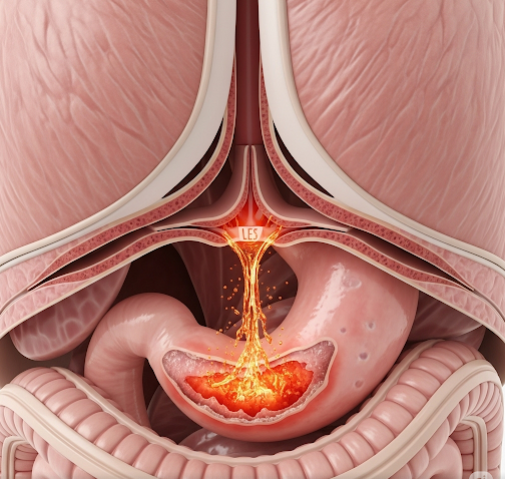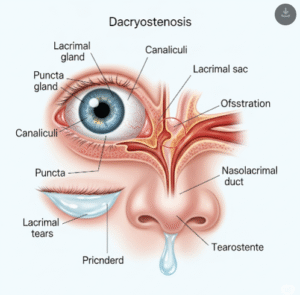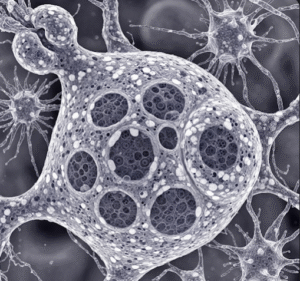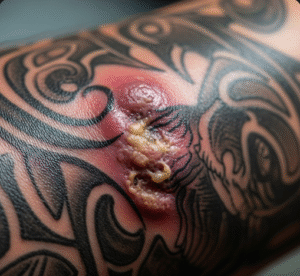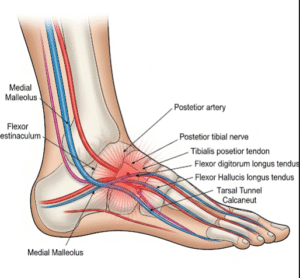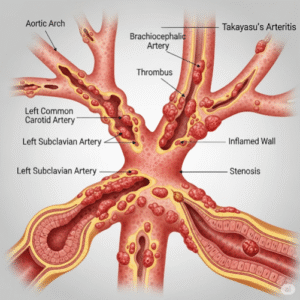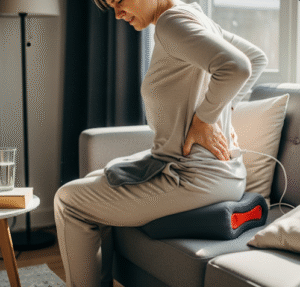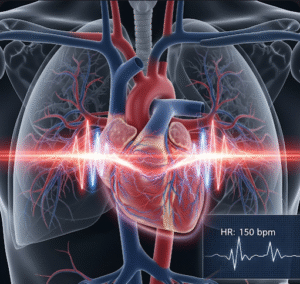Overview
Gastro-Oesophageal Reflux Disease (GORD) is a chronic condition where stomach acid frequently flows back into the oesophagus, causing irritation and symptoms like heartburn. It can affect quality of life and lead to complications if untreated.
What Is Reflux (GORD)?
GORD occurs when the lower oesophageal sphincter (LES), a ring of muscle between the stomach and oesophagus, weakens or relaxes inappropriately, allowing acidic stomach contents to reflux upward. This leads to inflammation of the oesophageal lining.
Symptoms
- Persistent heartburn or burning sensation in the chest
- Regurgitation of sour or bitter-tasting acid into the throat or mouth
- Difficulty swallowing (dysphagia)
- Chronic cough or hoarseness
- Chest pain mimicking heart problems
- Sore throat or laryngitis
- Nighttime symptoms disrupting sleep
Causes
- Dysfunction or weakening of the lower oesophageal sphincter
- Hiatal hernia (stomach pushing through diaphragm)
- Delayed stomach emptying
- Increased abdominal pressure due to obesity, pregnancy, or tight clothing
Risk Factors
- Obesity
- Smoking
- Certain foods and drinks (spicy food, caffeine, alcohol, chocolate)
- Pregnancy
- Medications that relax the LES (e.g., calcium channel blockers)
- Stress and lifestyle factors
Complications
- Esophagitis (inflammation of the oesophagus)
- Esophageal ulcers and bleeding
- Strictures or narrowing of the oesophagus
- Barrett’s oesophagus (precancerous changes)
- Increased risk of esophageal cancer
Prevention
- Maintaining healthy weight
- Avoiding trigger foods and large meals before bedtime
- Elevating head during sleep
- Quitting smoking
- Wearing loose clothing around the abdomen
- Managing stress
Treatment Options in Korea
Korea offers comprehensive management for GORD including:
- Lifestyle Modifications: Dietary changes, weight management, and avoiding triggers.
- Medications: Antacids, H2 receptor blockers, proton pump inhibitors (PPIs) to reduce acid production.
- Endoscopic Treatments: Procedures to strengthen the LES for patients with refractory symptoms.
- Surgery: Nissen fundoplication or other minimally invasive surgeries for severe cases.
- Advanced Diagnostics: Endoscopy, pH monitoring, and manometry to guide treatment.
- Integrative Approaches: Use of herbal medicine and acupuncture as supportive therapies.
Korean gastroenterology centers provide personalized treatment plans combining modern medicine and traditional therapies to effectively control symptoms and prevent complications.

